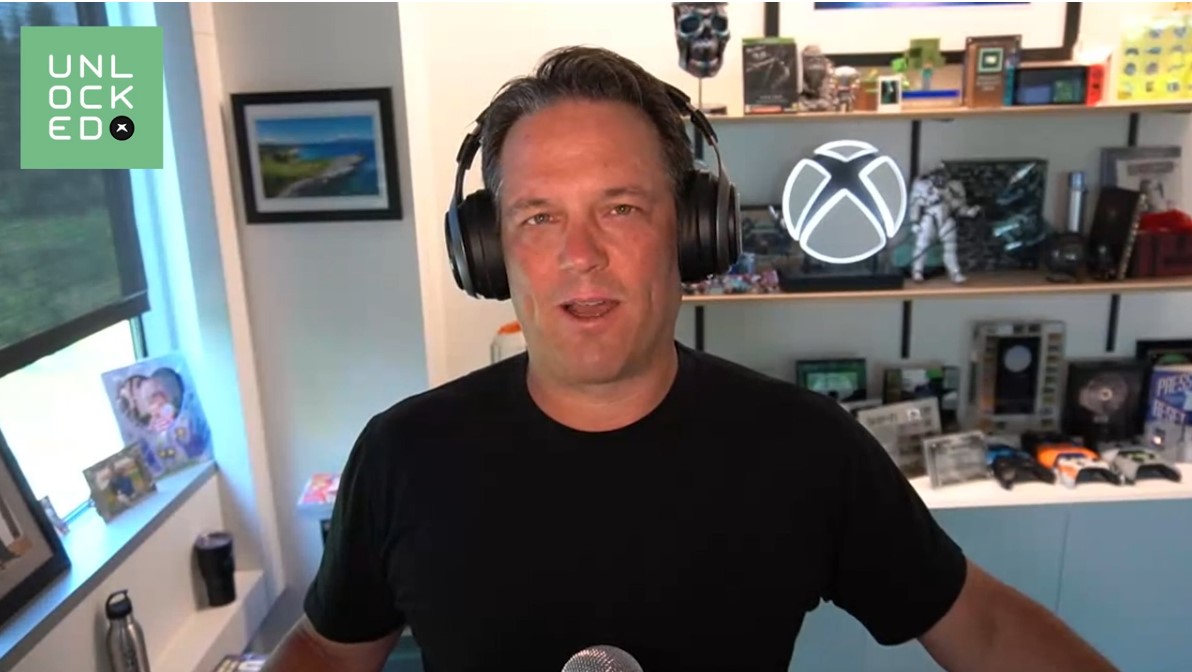Often referred as Netflix of games, Microsoft’s popular subscription based service Game Pass has been praised a lot by the community and developers as well. The service offers a plethora of games to subscribers for a price of $9.99 a month. While it’s good value for money for gamers, developers can easily find a big audience who can be interested in trying out their game without purchasing it. Just like any other entertainment subscription service, new games are introduced with time and some of the old games leave it.
Since Microsoft has a lot of great games in Game Pass, many critics and fans think that Game Pass cannot be profitable from the economic point of view. The same question was asked by Ryan McCaffrey on Unlocked podcast whether the service is profitable for Microsoft. In reply, Microsoft’s Phil Spencer had this to say:
So when we look at the economics of Game Pass, it’s not just how many games a subscriber [is] playing in a subscription and if they would have purchased those games or some number of games or what’s the trade-off on purchase versus subscriber revenue. We never really look at it that way. What we do is say are we growing the number players on our platforms and are they playing more often and from that activity we see the business grows. The number one matric that we got to see if our business is actually growing is our people playing more on the platform.
There is nothing about review scores, there is nothing about retail sales of consoles, retails sales of games. The number one sign that our platform is healthy and growing is actually engagement on the platform from players and that is what Game Pass is growing. So our business continues to grow and be profitable at Xbox and we are proud of that.
So like any other subscription service, number of users and engagement are the key factors to measure the growth of it. For Game Pass, Phil believes that the number of subscribers are “fairly large” and continue to grow. And their business continues to grow and be profitable at the same time.
So if you have also been wondering whether the service is profitable or not, you have your answer. An important thing Phil revealed here about Microsoft’s plan is that they don’t count number of sales (console or games) as the main matric to measure the growth, it’s the engagement factor that is important for their business model.
After being dominated by Sony Interactive Entertainment last generation, Microsoft has come back strong this generation and services like Game Pass and xCloud have a key role to play in their plan.

